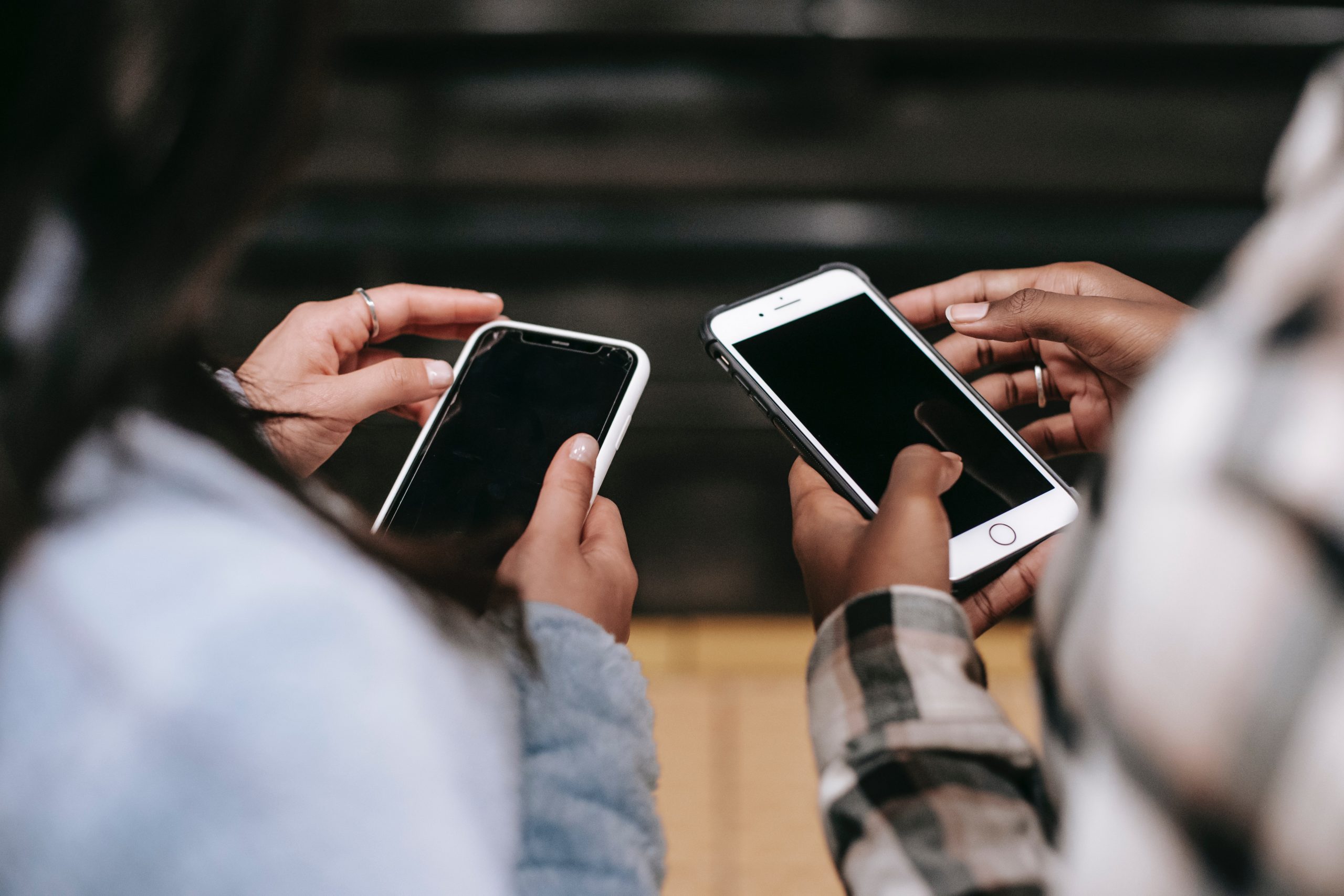New Study Explores Sleep & Mental Health in Teens
The connection between sleep and mental health in teens is often overlooked by parents and doctors. Making the new research paper published by UniSA sleep experts Dr Alex Agostini and Dr Stephanie Centofanti, all the more prevalent.
“Getting enough sleep is important for all of us, it helps our physical and mental health, boosts our immunity, and ensures we can function well on a daily basis,”
Dr Agostini explains. Dealing with stressful experiences becomes difficult when teenagers have less than eight hours of sleep per night.
Dr Agostini says
“If sleep drops to less than six hours a night, research shows that teens are twice as likely to engage in risky behaviours such as dangerous driving, marijuana, alcohol or tobacco use, risky sexual behaviour, and other aggressive or harmful activities.”

The researchers discovered that the main culprit in sleep deprivation in teens is technology.
“Not only can technology use make us feel anxious and awake, but the blue light emitted from technology inhibits the production of the sleep hormone melatonin to delay the natural onset of sleep.
This is problematic because teens already have a biological tendency to want to stay up late and sleep in” Dr Stephanie Centofanti says.
In 2021 this situation has been exacerbated due to teenagers spending time on their devices to communicate with friends, and also do school work. Dr Stephanie Centofanti concludes that
“To make a real difference to teenage mental health, both parents and medical practitioners must understand how sleep can affect mental health in teenagers.”



